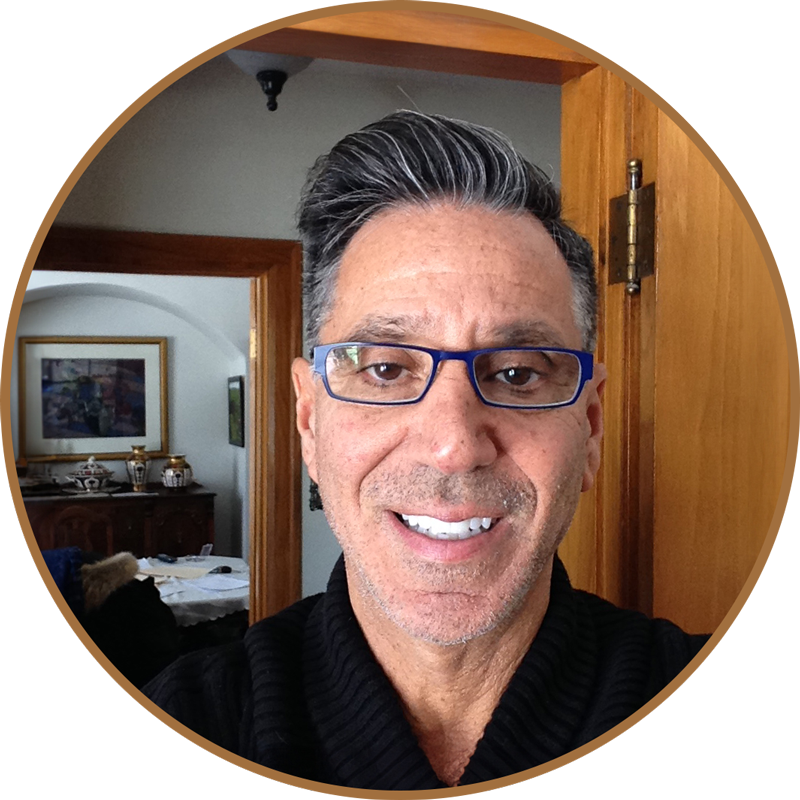Anxiety and Avoidance Coping
The uneasiness, fear, and dread we feel as a result of experiencing anxiety can be overwhelming. Experiencing some amount of anxiety is normal and a key part of our survival as humans. If it weren’t for anxiety, we would never be inclined to look both ways when we cross the street, or to trust our instincts when we find ourselves in a life threatening situation. We’ve evolved to have a level of anxiety for a reason.
However, the consequences of anxiety when it becomes excessive creates a unique set of obstacles that can impact various aspects of our daily lives.
When we feel anxiety, our first thought may be to avoid the anxiety-inducing situation altogether.
This makes sense as our brains are in a constant state of gathering data from our past experiences and applying it to our choices today. For example, we may have chosen in the past to avoid a social gathering that we perceived would be stressful. We then experienced the initial wave of relief when cancelling and realizing we no longer need to feel the discomfort of the anxiety. The problem thereafter is when this becomes a pattern in our behaviour. Our brains may become convinced that it is easier and safer to avoid an anxiety inducing experience, no matter how much we may want to engage in it. This creates a domino effect of continuing to avoid the situations we feel overwhelmed by, which over time can cause us even more anxiety. The term for this is avoidance coping, and it isn’t always maladaptive. Sometimes it’s necessary for survival and symptom management. However, in excess, it may not be entirely sustainable and can create real obstacles to our mental health and happiness.
Avoidance coping may show up in a few different ways
Situational Avoidance
Avoiding specific situations, individuals, locations, and the like that trigger panic or anxiety.
Cognitive Avoidance
Avoiding or rejecting thoughts and emotions that feel overwhelming or trigger our anxiety. This might result in us taking actions to numb our emotions or spark us to ruminate and worry about things that are irrelevant to what’s actually going on beneath the surface.
Protective Avoidance
Using excessive safety behaviours (checking, cleaning, over preparing) as a way to avoid an outcome we perceive as negative or triggering. Avoiding getting close to others as a way to protect ourselves from potential abandonment or hurt.
Somatic Avoidance
Taking excessive action to avoid feeling our feelings within our bodies, because we may perceive them to be too complex or difficult to navigate.
Substitution Avoidance
Trying to replace one feeling with another. We may try to replace feelings of grief with feelings of anger, believing experiencing anger is more tolerable than grief as it gives us a false sense of control over a situation that may feel very outside of our control.
The less we expose ourselves to the things that make us anxious, the less data we gather for our brains to prove that what we are avoiding is not quite as overwhelming as we perceive it to be.
There are a few different ways to learn to manage avoidance coping, and working with a psychologist is a great way to start. The first step is in identifying what our avoidance triggers are and what type of avoidance coping we engage in when triggered. In therapy, we can explore the consequences of avoiding the situations or experiences we know logically are good for our personal growth, relationships, mental health, and happiness. We can also explore the benefits of working on our anxiety.
When we are able to contextualize why we are feeling anxious about and avoiding specific experiences, we can then empower ourselves by learning the skills specific to managing. When working with a psychologist, we can then learn how to ground ourselves with mindfulness techniques and increase our capacity to self regulate during times of distress.
If you are interested in working on anxiety related issues in therapy, please feel free to contact me to set up an appointment to begin the journey.





